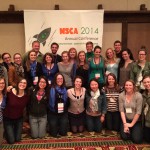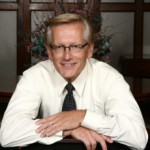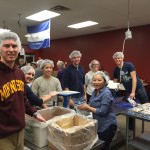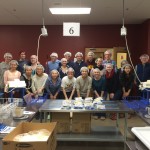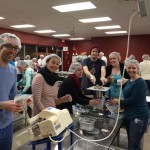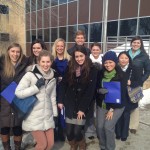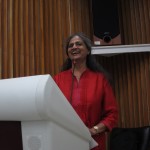Feb. 26 — R.T. Rybak joined faculty, staff and students from the Department of Educational Psychology to discuss solutions for the achievement gap in the Twin Cities.
The former Minneapolis mayor is passionate about his work related to the achievement gap and student learning differences based on race or economic disparities. He leads Generation Next, an organization dedicated to closing the achievement gap, and he is an instructor at the University.
The meeting opened with introductions led by department chair Geoffrey Maruyama and professor Michael Rodriguez. Two faculty members then gave brief reports on their research on learning interventions and student success related to the achievement gap.
“We don’t have a choice,” Rybak stated during the discussion. “We have to throw ourselves headlong into this issue.”
Rybak discussed the necessity for courage as research and implementation moves forward. He pointed out the need for substantial data points that will help track and monitor what changes are needed to be made in order to make improvements in the education system.
He noted how valuable the diverse student body is at the University of Minnesota and what an important factor it is to research on teaching and learning. Minnesota has one of the highest achievement gaps in the country, and he believes that working with diverse groups of students will improve understanding of the problems of learning that students face.
“We are sitting on a gold mine,” Rybak said. “Our university is more diverse than most cities in the country. Very rarely do you find a place as diverse as us.”
Although data shows that the Minnesota achievement gap is narrowing, Rybak addressed the need to measure global fluency and that two parts are necessary in this research: early childhood learning and grade 3 reading levels.
He closed by saying, “It’s wrong to have this [achievement gap] and we can’t thrive in this community like we need to unless we change this.”
Faculty members were pleased with their discussion with Rybak and look forward to future meetings and brainstorming sessions to find ways to implement changes and new-found research into schools in the Twin Cities and surrounding areas.

